- Home
- Christine Feehan
A Very Gothic Christmas Page 23
A Very Gothic Christmas Read online
Page 23
Rachel suspected he would love just as fiercely as he had lived, though he would not give his heart lightly. But when he finally did, he would bestow it fully, without restrictions or reservations.
What might it feel like to be loved in such a way? To be so completely a part of another person? To know a soul-deep devotion, like the kind her parents had once shared?
She was twenty-seven now, and had begun to doubt she would ever find someone she could trust with her heart. There had always been something missing in the men she had dated, few and far between as they were.
Or perhaps the problem lay with her. Perhaps she simply wanted too much—her expectations of what the man of her dreams would be like too high. As yet, no man had come close.
“Well, I’ll leave ye tae yer unpacking,” Fergus said, breaking into Rachel’s musing. “But first I’ll get a fire goin’ for ye.”
With surprising efficiency, he had the hearth ablaze in minutes, and Rachel eagerly warmed her hands in front of the crackling flames.
“I’ll come by and check on ye in a day or so and see how ye’re farin’. The larder’s been filled, so ye need not worry about that. I only live about a mile down the road, if ye need me.” He eyed her for a long moment, as if hesitant to leave. Then finally he turned, giving her one more uneasy glance over his shoulder before shuffling out, the door groaning shut behind him.
Rachel shook off the disturbing feeling Fergus’s look had left her with and regarded her suitcase with ambivalence. As if compelled, her gaze drifted back to the view outside the window, to the ominous ring of standing stones.
She shivered as strange sounds carried to her on the wind, raising the hair on the back of her neck. She admonished herself, certain Fergus’s dire statements had played tricks on her mind.
And yet, she felt as though she could really hear the muted clash of steel against steel, the distant shouts of men, of chaos, of a battle to the bitter end . . . and the bellowing war cry of a solitary male voice.
A man fighting savagely to save all he held dear.
WITH MIDNIGHT CAME THE WINDS, moaning through the eaves and battering the ramparts with frigid fists, chilled air seeping through cracks.
Rachel lay bundled beneath the down comforter, shivering, too cold to focus on the old book she had purchased the day before. It lay forgotten on her lap as thoughts of her parents occupied her, remembering how they had once embraced these primitive surroundings.
Certainly, there was a romance about the place that intrigued her as well, filling her with an odd restlessness, an inexplicable eagerness to traipse the winding hallways and snoop through the dusty alcoves.
Still, the prospect of exploration did not alleviate the nagging sense of disquiet she felt in that moment. The import of her staying here, alone, sunk into her every nerve ending as soon as Fergus had departed.
Again came the wind, slamming against the windows. Then a sound . . .
Swallowing, Rachel jerked upright against the pillows, starting violently when the banging sounded once more.
Sliding from the bed, her feet landing gently upon the cold floor, she crept toward the closed bedroom door, one hand clutching her flannel pajama top, the other shaking slightly as she tugged at the tarnished knob that clicked and creaked as she turned it.
Darkness loomed. A scurry of wind rushed at her from nowhere and crept up her pajama legs like damp, icy talons, making her tremble.
Afraid to breathe, she moved down the corridor, apprehension curling around her. The noise came again, intermingling with the rattle of the wind, lifting the hair on her nape and brushing her face.
Soon the foyer opened up around her, lit by a solitary iron lamp on the wall, a twisted multipronged girandole that had been renovated to burn flame-shaped bulbs as opposed to tallow candles.
Bang!
Rachel jumped, but caught herself before she spun around and retreated on winged feet back to her room. Her gaze locked on a distant window, where the drapes billowed from the walls like restless spirits in the throes of eternal damnation.
The shutters rapped against the outside wall, the wind whistling through a broken pane. With a sigh of relief and a nervous laugh, Rachel quickly padded over to the window, shoved it open, and then secured the shutter, locking it in place with a rusty hook.
“See, there’s a logical explanation for everything,” she murmured, forcing herself to relax.
It was then the first rumbling of thunder rolled through the house, growling like the distant beat of bass drums, vibrating the floor and reverberating through her body.
Beyond the wall of midnight, a burst of lightning briefly illuminated the churning clouds that shifted through the treetops like cloaked marauders.
Fergus had been correct on one count The air felt charged, as if tiny electrical currents were pulsing on her nerve endings. Breathing in that moment was difficult, as if she were trying to inhale through a wet wool blanket.
Panicked, she turned . . . and froze, her heart climbing up her throat, the air leaving her in a rush as her eyes locked with those of the warrior in the portrait, blue eyes shining with the girandole’s light.
The painting appeared to float in the semidarkness, or perhaps it was she who moved as the Highlander’s gaze drew her in. She stood before him, slightly hypnotized by his presence, a strange longing rising within her.
He was beautiful. A perfect example of pure, unadulterated male. That such a man had once thrived within these walls filled her with a heat that supplanted the ache of cold in her bones. To have known him. Touched him. Loved him, perhaps.
The fact that he no longer existed stirred a forlornness inside her, a sense of desperate loss, and a need that, until that moment, had gone unacknowledged in her mind . . . and in her heart.
“Duncan,” she whispered, the sound of her voice a haunting echo in the dark, seeping out into the cold night where a wild tempest brewed, swirling with the wind . . . and beyond.
chapter
2
NO DOUBT IT WAS HER strange reaction to the portrait that prompted Rachel to return to the tattered history book on her bedside table and huddle deeply beneath the down comforter to read, doing her best to tune out the wind whipping against the windows and the growl of thunder; its inimical force resonated just beneath her skin and entrenched itself within her every fiber.
Something about the painting had caused a tendril of desperation to blossom in her heart, a need to know as much as possible about the virile man who had once roamed these dark halls; to understand what things had moved him, what battles he felt were worth fighting and why. Had Glengarren always emanated such a bleak and unforgiving aspect? Or had there once been laughter? Even love?
Rachel glanced toward the dying fire. The sputtering flames danced with invisible gusts of air, while the unsettling howl and groan of the elements pounded relentlessly against the house.
A log crackled and shifted, expelling a vivid blue flame from the embers, the color reminding her of Duncan MacGregor’s eyes.
Opening the book on her lap, her gaze skimmed much as she searched for tidbits about the man whose face had surfaced in her mind for much of the day.
She was not surprised to discover that he had been a heroic figure and a leader of men. His clan’s fiercest enemies had been the Gordons, whose lands bordered the MacGregor’s. Many conflicts had arisen from the Gordons reiving MacGregor livestock.
One of their bloodiest skirmishes occurred when the Gordons instigated a sneak attack on Glengarren in the middle of the night . . . the twenty-fifth of December, 1745.
“Christmas Day,” Rachel murmured, her heart increasing in tempo as she read the passage.
From the characteristic bravery of the MacGregors, and their disdain of death, it is reasoned that those who perished on the field of battle did not yield their lives without a desperate struggle.
But history has preserved one case of individual valor in the person of Duncan MacGregor, which deserves to be recor
ded in every history book relating to Scotland and the Highlanders.
This man, who is represented to have been of the enormous stature of six feet four inches and a half, was beset by Gordon and his men.
Fierce combat between the two chiefs ultimately found Gordon mortally wounded. Legend has it that, as Gordon lay dying, he vowed revenge against his foe, and with his last bit of strength, he stumbled toward Glengarren, torch in hand, setting the east wing ablaze.
MacGregor, who had charged back into the fray, fought with his target and claymore against the onslaught of warriors who crowded upon him, enraged by his killing of their laird and the widespread destruction he had wrought among their comrades, twelve of whom lay slain at his feet
Though the Gordons were bested that night, Glengarren was partially destroyed, and MacGregor had neither the funds nor the time to begin rebuilding before he was called upon by Charles Stuart to rally the Highland chiefs to fight against “The Butcher,” William Augustus, son of King George II.
MacGregor was instrumental in gaining the support of the clans, and fought tirelessly to restore a Stuart to the throne, though neither the cause, nor MacGregor’s life, would accomplish this feat.
At the Battle of Culloden Moor, he was overtaken by a group of the king’s men, who had targeted him specifically. MacGregor was cut down, though not before taking a few of the soldiers with him. He fought to the end, but finally died from his wounds in the early morning hours on the seventeenth of April, 1746.
Tears blurred Rachel’s vision, and she could read no more. Her heart filled with despair for a man she never knew, a man who had died in the very prime of his life.
A single, scalding tear dropped from her lashes as she laid her head back on the pillow, gazing once more into the waning fire, images of Duncan MacGregor stalking her mind as her eyelids slowly began to droop, the potent elixir of sleep tugging her down beneath its intoxicating weight . . . down into a world of dark and disturbing dreams.
RACHEL AWOKE WITH A VIOLENT START. Thunder rolled from colliding clouds and crashed against the house with such force that she covered her ears and sank against the pillows, certain the walls were caving in on her.
The bed vibrated. The window glass shook. Lit by the sudden fire of lightning bolts, the room gyrated with specters of three-dimensional shadows.
It was then she heard the cries.
Shouts of fear and anger. Clashing steel. The plaintive wail of a solitary bagpipe. All interspersed with the crack of thunder and howl of wind that rang out like the unearthly keening of a soul newly damned.
Again the cries . . . louder, harsher. The screams sluiced through her heart like a knife blade.
Flinging back her blankets, she hit the floor running, mindless of the frigid wood beneath her bare feet and the biting air that struck her pajama-clad body. Someone was in trouble. In pain.
In terror.
She swiped at the light switch—nothing. She stumbled into the pitch-black corridor, the draft of cold air like an ice fist against her face.
Again the shouts—more distinct, before drowning in another onslaught of crashing thunder that made her duck and cover her head, crouching against the wall, shivering in fear of an unknown threat, a force that pulsed in the very air, thick and menacing . . . and drawing nearer.
A jagged bolt of lightning flashed through the window, propelling Rachel to her feet and into a wild flight down the hall.
Confused by the dark and the ear-shattering cacophony, she turned round and round, frantically groping for a stronghold as the night closed in on her in suffocating blackness.
Blindly, she stumbled forward, falling to her knees, pushing on, racing toward the staircase, her ears burning with the intermittent cries that floated to her upon waves of pummeling thunder and blasts of wind.
Halfway down the staircase, she froze, Fergus’s warnings suddenly blazing as brilliantly in her mind as the lightning electrifying the sky.
Leave these dreary walls and lonely shadows to the souls who’ve occupied Glengarren for the last centuries.
Panic surged. Rachel’s gaze swept the darkness, eyes aching and body rigid as she expected to discover herself besieged by wailing poltergeists—white mists of formless shapes easing in through the jagged fissures and age-old chinks in the stone, no force on earth able to keep them out.
No! The shouts were not coming from inside the house, but from outside. Someone had gotten caught up in the storm. Perhaps the river had flooded—or worse.
By the sounds of the agonized howls, surely every resident of the nearby village must have fled for Glengarren’s higher grounds.
Throwing open the front door, Rachel staggered back, bludgeoned by a tunnel of wind—warm and cold, exploding into the house with the force of a tidal wave.
The shouts drummed against her ears like a radio blasting, swirling around her like an orchestra of screeching, tuneless instruments, wrenching from her what little coherent thought she had clung to in the last horrifying moments.
The night boiled. Above her. Around her. Crawling over her skin like needles—painful and burning as she fought her way toward the melee, her path illuminated by sporadic bursts of crimson-hued lightning, unnatural and terrifying.
The tumult rose to a crescendo, as ear-shattering as the explosions overhead. She ran and stumbled and ran again, fear mounting inside her to a hysterical pitch, building with the fervor of the beast raging around her.
The cries in the night surrounded her; no longer the frightened clamor of hapless, flooded villagers, but the enraged shouts of men, the bloodcurdling screams of horses and pounding hooves, the clash of honed steel and the groans of agony, culminating in the palpable, unequivocal sounds of death.
Dear God, what was happening?
Rachel swung in a circle, desperate to find the source of the havoc, panic roaring through her veins, chewing away at her insides like acid. Fear closed off her throat and beat at her chest as the shrieks hammered her eardrums and reality became a blur.
Surely this was a bad dream—a nightmare. She would awaken at any moment, shivering in her bed, the old history book open on her lap where she had been reading of warring clans and bloodletting battles—of Duncan MacGregor, who had cut down his most hated rival on these very grounds.
But no. No dream. No nightmare. Nothing in her wildest imagination could have contrived the bedlam erupting around her, some preternatural force focusing its combined strength on this high precipice.
As if the sky had swallowed her, the clouds swirled around her body in ever-tightening coils—hot and ice-cold, burning and freezing and electrified, making her flesh quiver as if every ion in the universe was exploding beneath her skin.
Again came the lightning, blindingly brilliant, illuminating her surroundings. Rachel gasped at what was revealed.
She stood within the Destiny Stones!
They surrounded her, towered above her—massive black monuments whose very peaks appeared to scrape the low, churning clouds.
Along their weather-eroded peaks danced odd flashes of light—like a thousand fireflies blinking red-gold fire. For an instant Rachel stared, hypnotized, oblivious to the escalating chaos that swarmed around her.
She could only gaze up at the pillar of stone, the breath wrung from her throat and her eyes fixed upon what appeared to be the etching of a name . . . MacGregor.
A sizzling bolt of lightning pierced the sky in that moment, ripping through the clouds like a god-spear, driving into the heart of the monolith with shattering force, sending sharp bullets of stone in every direction, the explosion flinging Rachel backward onto the ground, her eyes momentarily blinded by the glare and her ears deafened by an odd, shrill whine that made her cry out in pain.
Then a horse—black as onyx, frothing, teeth bared—exploded through the incarnate lightning like evil from Pandora’s box. Rearing, its forelegs slashed the air, while vapor streamed from its nostrils like smoke from a dragon’s snout.
Rachel s
crambled back as the beast’s mighty hooves crashed to the earth. Then her gaze locked on the huge man astride the stallion’s bare back, his bloodied sword raised as if preparing to lop off her head.
A roar of rage tore from his lips as his eyes, flashing with the lightning’s fire, focused first on her; then, with a snatch of his reins against the horse’s neck, he and the snorting, pawing beast spun round, dirt flying and the lightning appearing to dance on his broad shoulders.
“To arms!” he bellowed into the turbulent night—oddly silent now of the shouts that had lured Rachel into this aberrant tempest. “I did not give ye orders tae retreat!” The thunder responded with a rebellious growl.
In one swift move, the man leapt from the horse, which dashed away into the dark, its reins flying and its hoofbeats jarring the ground as resoundingly as Rachel’s heart rapped in her chest.
“To arms!” he roared again. Then, suddenly, he turned on his heels, facing her.
His teeth showed white in his dark countenance and his midnight hair whipped wildly in the wind. But it was his eyes . . . they burned with fire, pinning her against the cold stone within whose black embrace she hovered, praying the night would cloak her.
“What the hell have ye done with my men?” he demanded. “Speak now, or I’ll cut your heart out and spike it on yonder rise.”
Rachel could not utter a sound. Could not move. Terror held her immobile.
Again the lightning flashed, turning night into day. And in that momentary dance of illumination, their eyes met.
“Sweet Jesus.” The words hissed through his teeth as his expression shifted from fury to confusion, then to enlightenment, which was as frightening as his anger. “Who the hell are ye?”
Rachel swallowed and searched for her voice. “W-who . . . who the hell are you?”
“Ye dare speak back tae me?” he boomed.
Rachel tried to tell herself that what she was seeing could not possibly be real, that she must wake from this nightmare, but no amount of coaxing, or blinking, on her part would make the image dissipate.

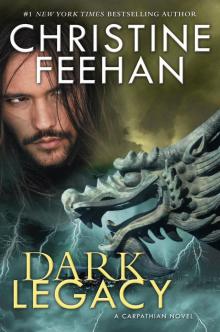 Dark Legacy
Dark Legacy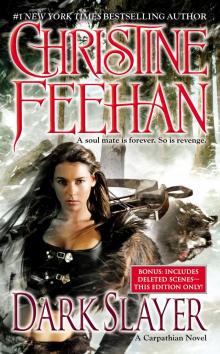 Dark Predator
Dark Predator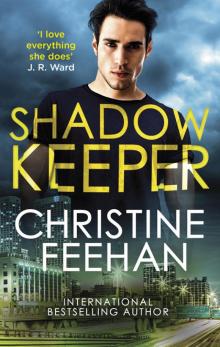 Shadow Keeper
Shadow Keeper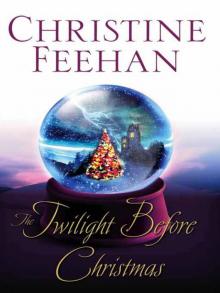 The Twilight Before Christmas
The Twilight Before Christmas Oceans of Fire
Oceans of Fire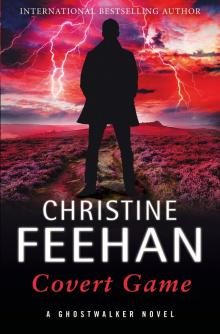 Covert Game
Covert Game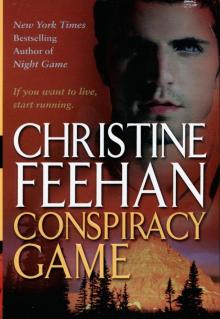 Conspiracy Game
Conspiracy Game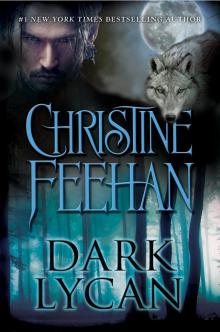 Dark Lycan
Dark Lycan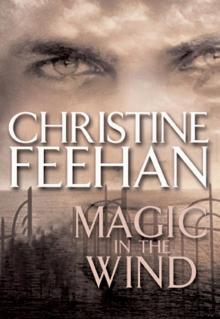 Magic in the Wind
Magic in the Wind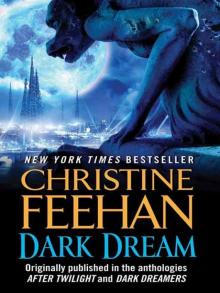 Dark Dream
Dark Dream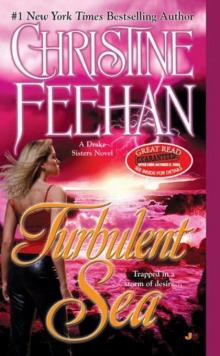 Turbulent Sea
Turbulent Sea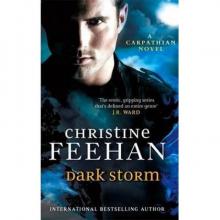 Dark Storm
Dark Storm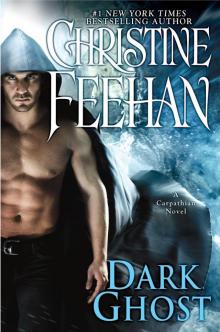 Dark Ghost
Dark Ghost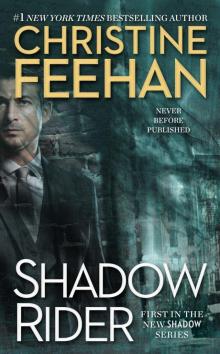 Shadow Rider
Shadow Rider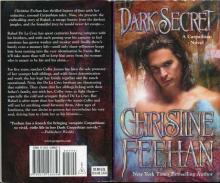 Dark Secret
Dark Secret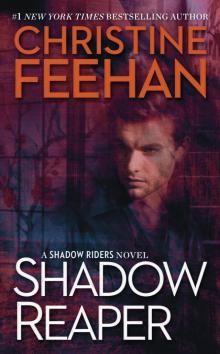 Shadow Reaper
Shadow Reaper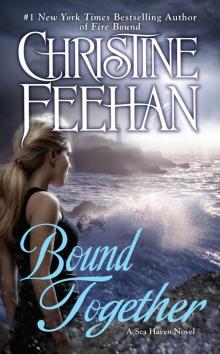 Bound Together
Bound Together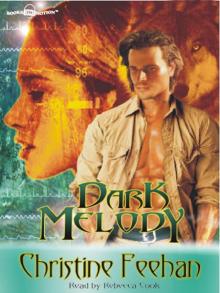 Dark Melody
Dark Melody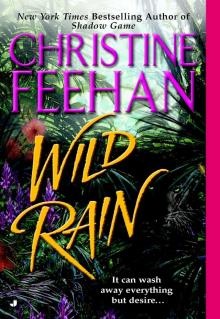 Wild Rain
Wild Rain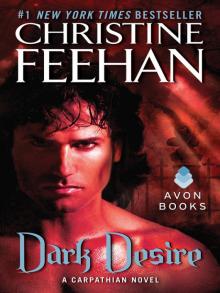 Dark Desire
Dark Desire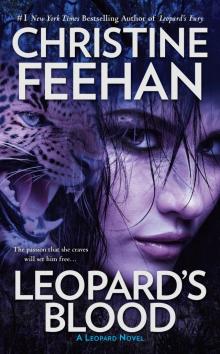 Leopard's Blood
Leopard's Blood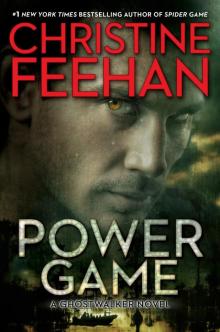 Power Game
Power Game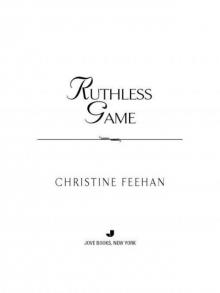 Ruthless Game
Ruthless Game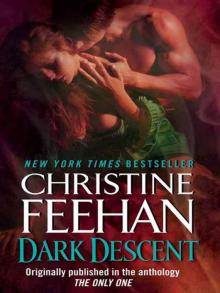 Dark Descent
Dark Descent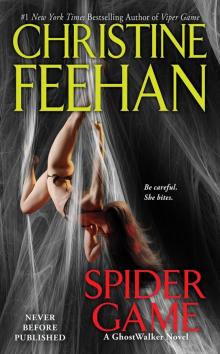 Spider Game
Spider Game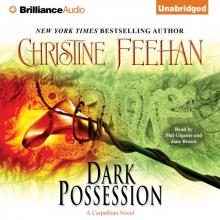 Dark Possession
Dark Possession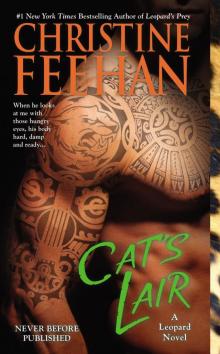 Cat's Lair
Cat's Lair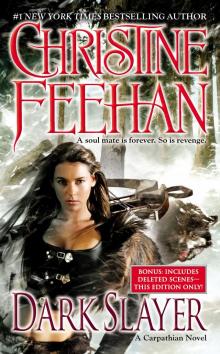 Dark Slayer
Dark Slayer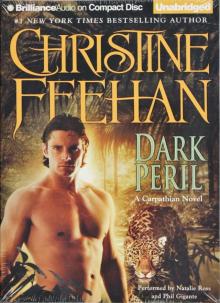 Dark Peril
Dark Peril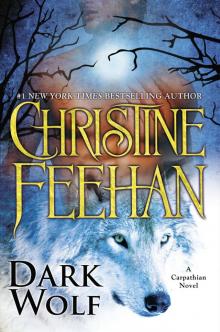 Dark Wolf
Dark Wolf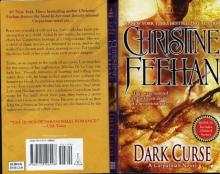 Dark Curse
Dark Curse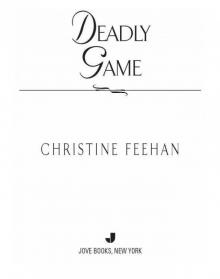 Deadly Game
Deadly Game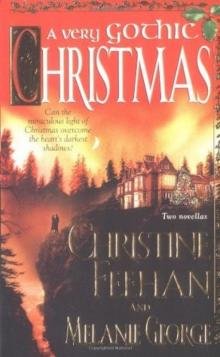 A Very Gothic Christmas
A Very Gothic Christmas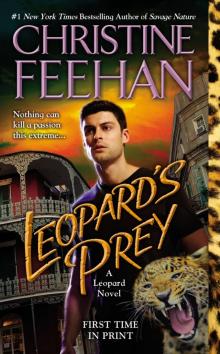 Leopard's Prey
Leopard's Prey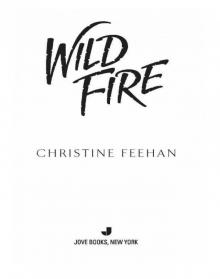 Wild Fire
Wild Fire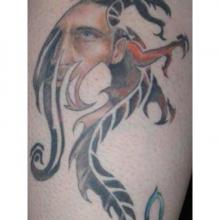 Dark Demon
Dark Demon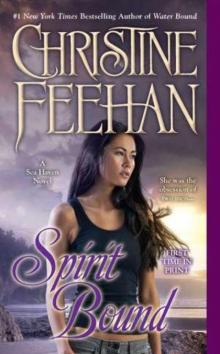 Spirit Bound
Spirit Bound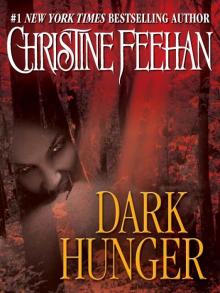 Dark Hunger
Dark Hunger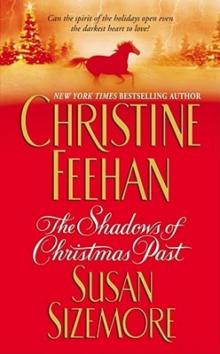 The Shadows of Christmas Past
The Shadows of Christmas Past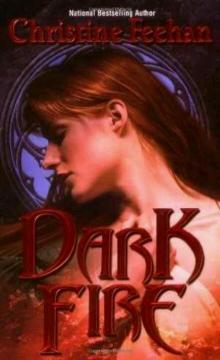 Dark Fire
Dark Fire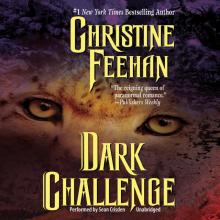 Dark Challenge
Dark Challenge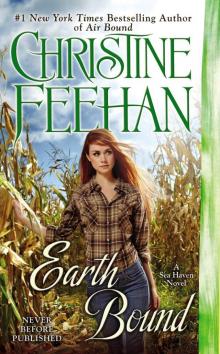 Earth Bound
Earth Bound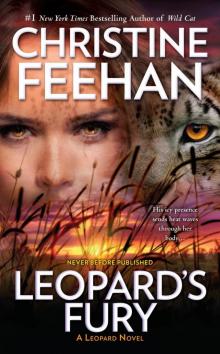 Leopard's Fury
Leopard's Fury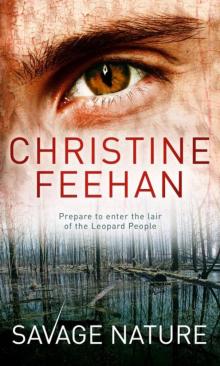 Savage Nature
Savage Nature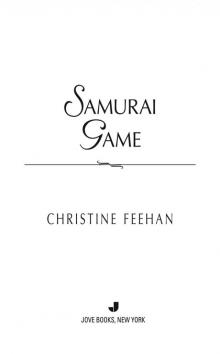 Samurai Game
Samurai Game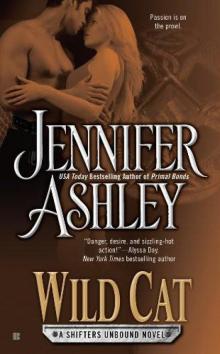 Wild Cat
Wild Cat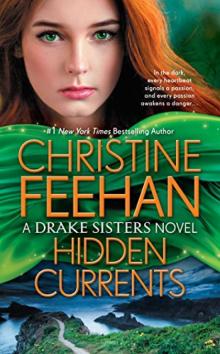 Hidden Currents
Hidden Currents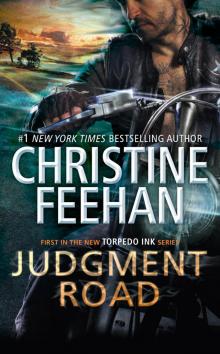 Judgment Road
Judgment Road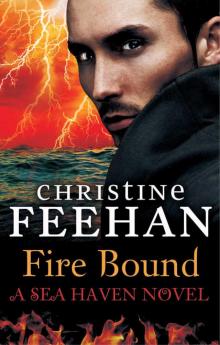 Fire Bound
Fire Bound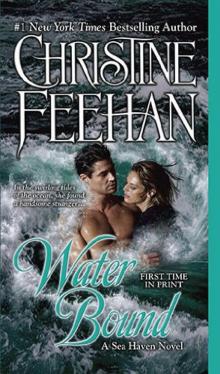 Water Bound
Water Bound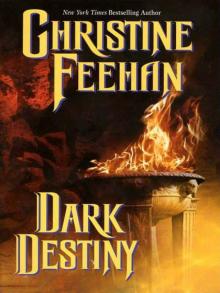 Dark Destiny
Dark Destiny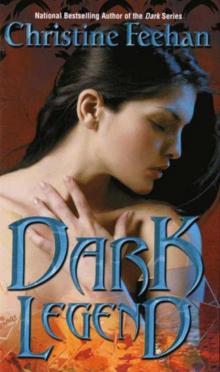 Dark Legend
Dark Legend Safe Harbor
Safe Harbor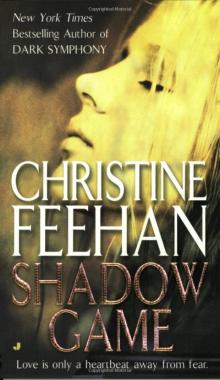 Shadow Game
Shadow Game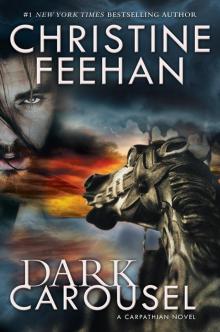 Dark Carousel
Dark Carousel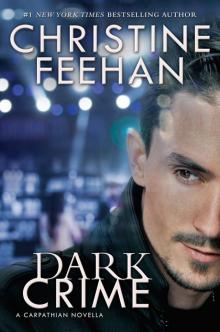 Dark Crime
Dark Crime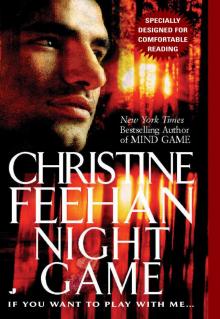 Night Game
Night Game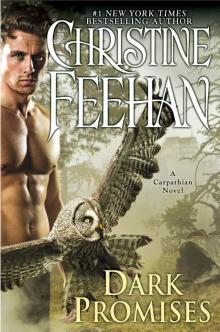 Dark Promises
Dark Promises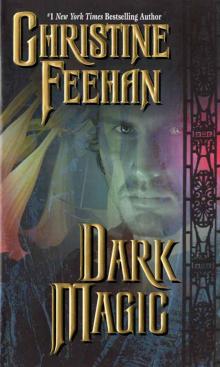 Dark Magic
Dark Magic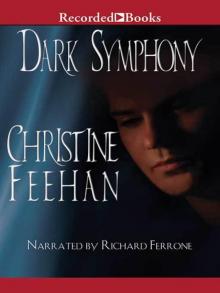 Dark Symphony
Dark Symphony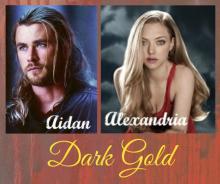 Dark Gold
Dark Gold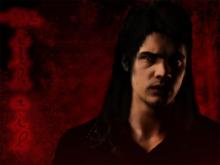 Dark Prince
Dark Prince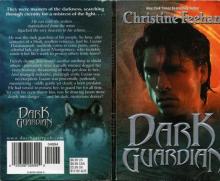 Dark Guardian
Dark Guardian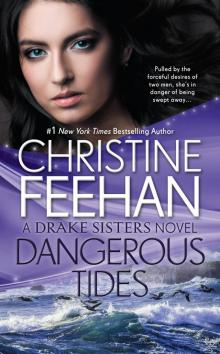 Dangerous Tides
Dangerous Tides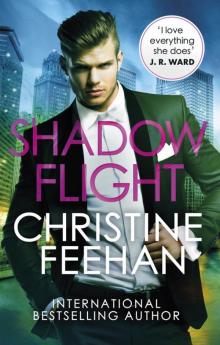 Shadow Flight (The Shadow Series)
Shadow Flight (The Shadow Series) The Awakening
The Awakening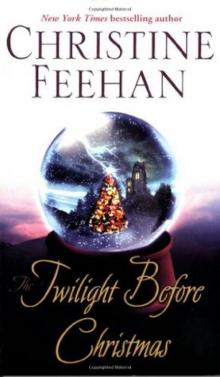 The Twilight Before Christmas (stories)
The Twilight Before Christmas (stories)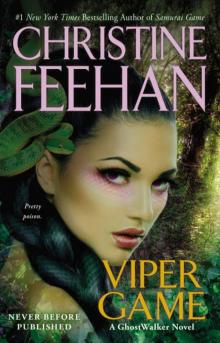 Viper Game
Viper Game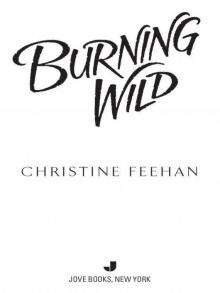 Burning Wild
Burning Wild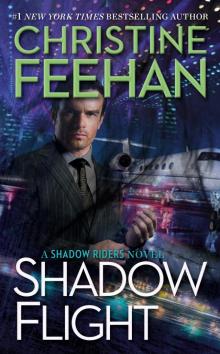 Shadow Flight
Shadow Flight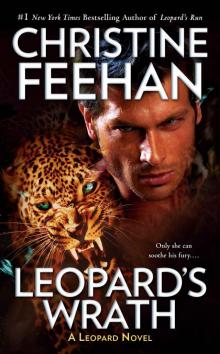 Leopard's Wrath (A Leopard Novel)
Leopard's Wrath (A Leopard Novel)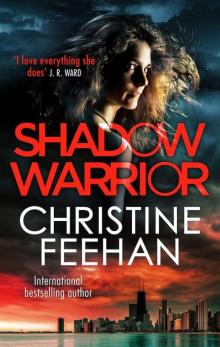 Shadow Warrior (The Shadow Series Book 4)
Shadow Warrior (The Shadow Series Book 4)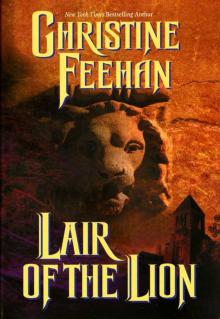 Lair of the Lion
Lair of the Lion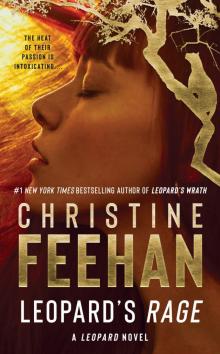 Leopard's Rage
Leopard's Rage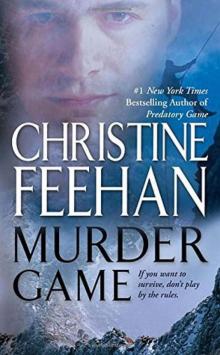 Murder Game
Murder Game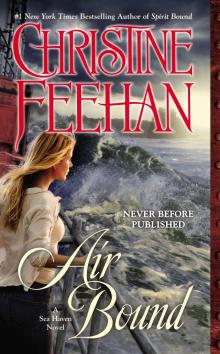 Air Bound
Air Bound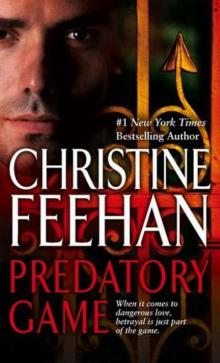 Predatory Game
Predatory Game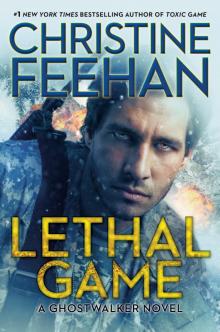 Lethal Game
Lethal Game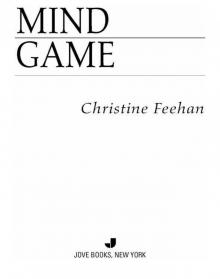 Mind Game
Mind Game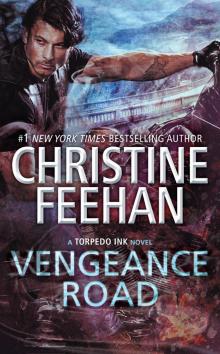 Vengeance Road
Vengeance Road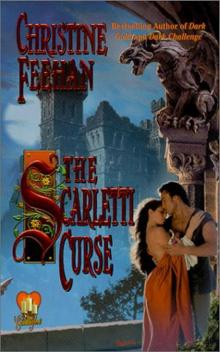 The Scarletti Curse
The Scarletti Curse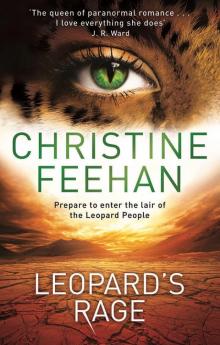 Leopard's Rage (Leopard People)
Leopard's Rage (Leopard People)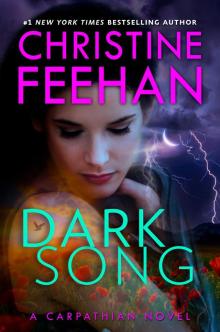 Dark Song
Dark Song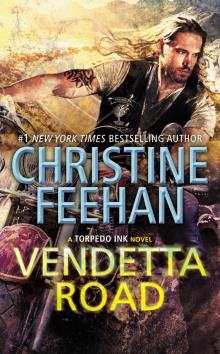 Vendetta Road
Vendetta Road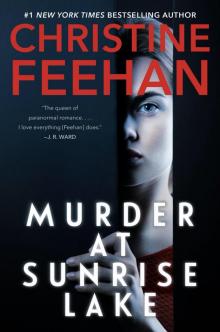 Murder at Sunrise Lake
Murder at Sunrise Lake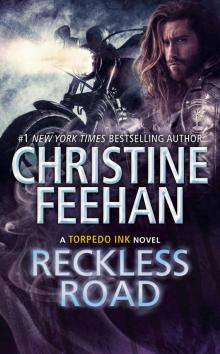 Reckless Road
Reckless Road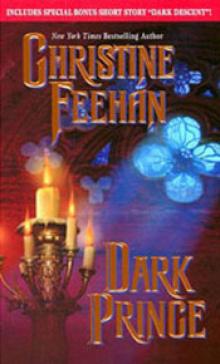 Dark Prince (Dark Series - book 1)
Dark Prince (Dark Series - book 1)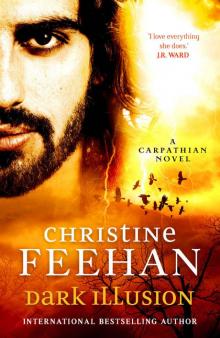 Dark Illusion ('Dark' Carpathian Book 33)
Dark Illusion ('Dark' Carpathian Book 33)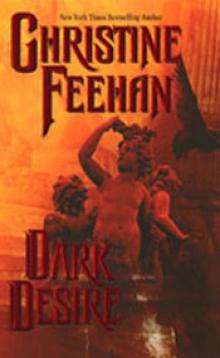 Dark Desire (Dark Series - book 2)
Dark Desire (Dark Series - book 2)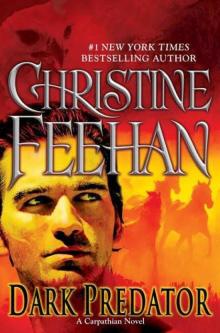 Dark Predator d-22
Dark Predator d-22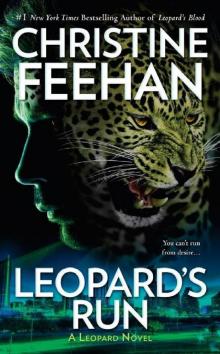 Leopard's Run
Leopard's Run Dark Curse 19
Dark Curse 19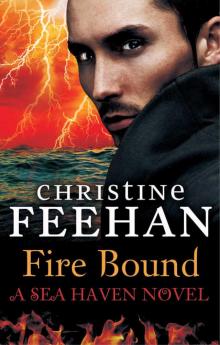 Fire Bound (Sea Haven Sisters
Fire Bound (Sea Haven Sisters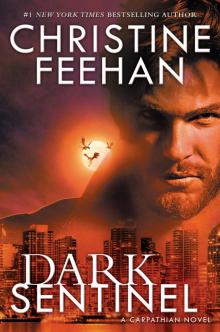 Dark Sentinel
Dark Sentinel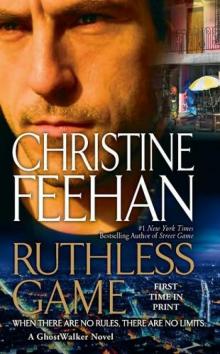 Ruthless Game g-9
Ruthless Game g-9 Dark Slayer 20
Dark Slayer 20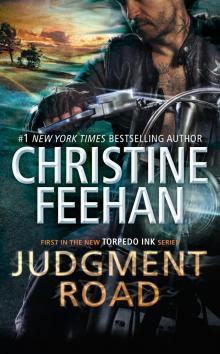 Judgment Road (Torpedo Ink #1)
Judgment Road (Torpedo Ink #1)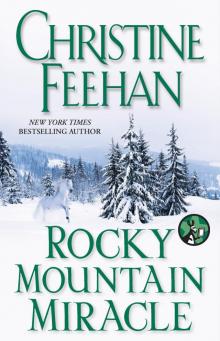 Rocky Mountain Miracle
Rocky Mountain Miracle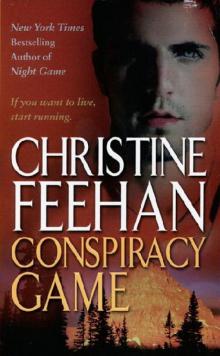 GhostWalkers 4 - Conspiracy Game
GhostWalkers 4 - Conspiracy Game Dark Demon 16
Dark Demon 16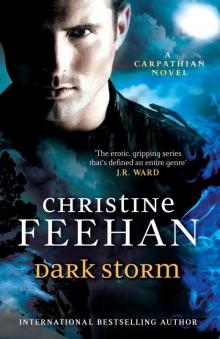 Dark Storm ('Dark' Carpathian Series)
Dark Storm ('Dark' Carpathian Series)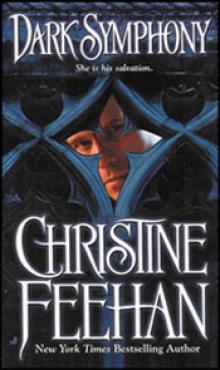 Dark Symphony (Dark Series - book 10)
Dark Symphony (Dark Series - book 10)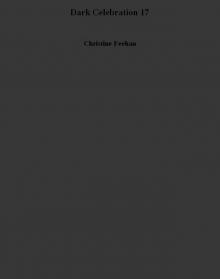 Dark Celebration 17
Dark Celebration 17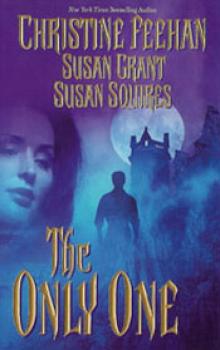 Dark Descent (Dark Series - Book 11)
Dark Descent (Dark Series - Book 11)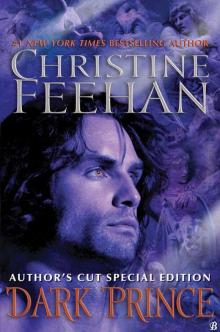 Dark Prince (Author's cut special edition)
Dark Prince (Author's cut special edition)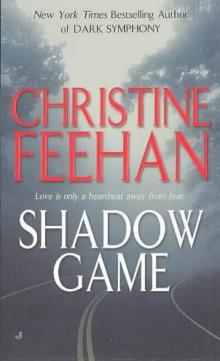 Shadowgame
Shadowgame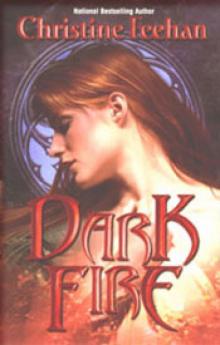 Dark Fire (Dark Series - book 6)
Dark Fire (Dark Series - book 6)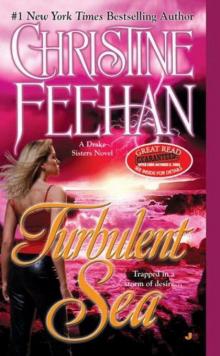 Drake Sisters 06 - Turbulent Sea
Drake Sisters 06 - Turbulent Sea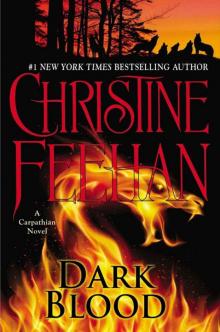 Dark Blood (Dark Series Book 26)
Dark Blood (Dark Series Book 26)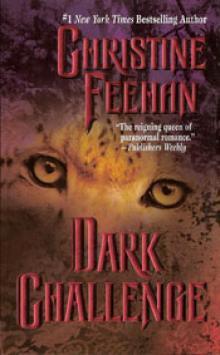 Dark Challenge (Dark Series - book 5)
Dark Challenge (Dark Series - book 5)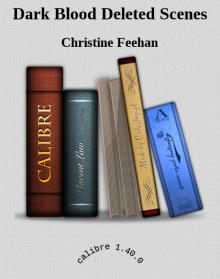 Dark Blood Deleted Scenes
Dark Blood Deleted Scenes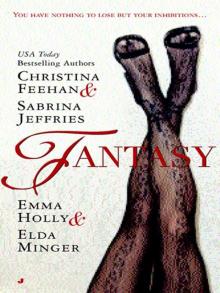 Fantasy
Fantasy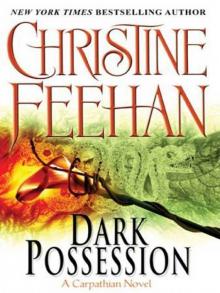 Dark 18 - Dark Possession
Dark 18 - Dark Possession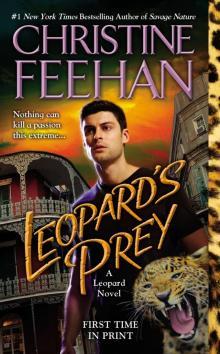 L06 Leopard's Prey
L06 Leopard's Prey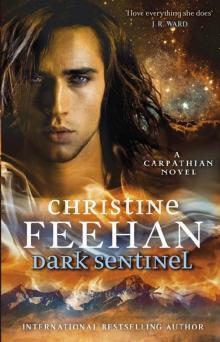 Dark Sentinel ('Dark' Carpathian Book 32)
Dark Sentinel ('Dark' Carpathian Book 32)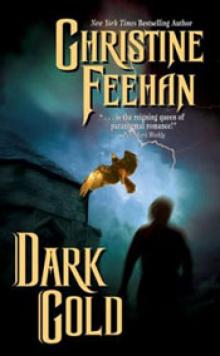 Dark Gold (Dark Series - book 3)
Dark Gold (Dark Series - book 3)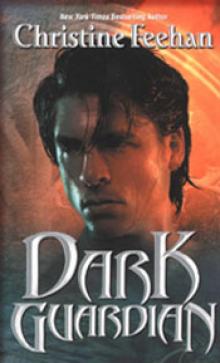 Dark Guardian (Dark Series - book 9)
Dark Guardian (Dark Series - book 9)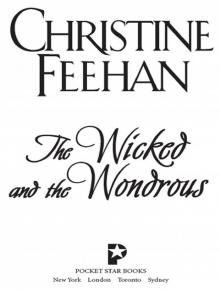 The Wicked and the Wondrous
The Wicked and the Wondrous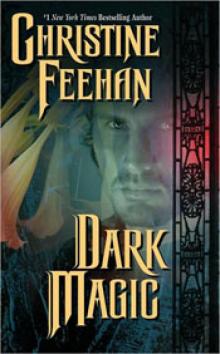 Dark Magic (Dark Series - book 4)
Dark Magic (Dark Series - book 4)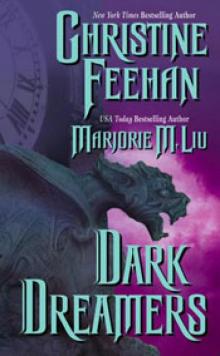 Dark Dream (Dark Series - book 7)
Dark Dream (Dark Series - book 7)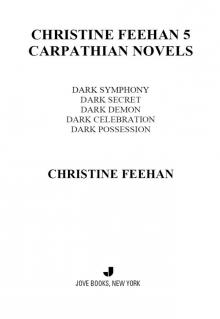 Christine Feehan 5 CARPATHIAN NOVELS
Christine Feehan 5 CARPATHIAN NOVELS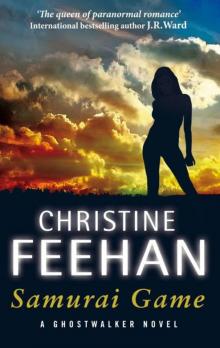 GW10 Samurai Game
GW10 Samurai Game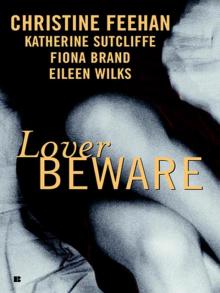 Lover Beware
Lover Beware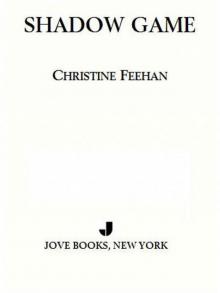 Shadow Game (GhostWalkers)
Shadow Game (GhostWalkers)![[Magic Sisters 05] - Safe Harbor Read online](http://i1.bookreadfree.com/i2/04/12/magic_sisters_05_-_safe_harbor_preview.jpg) [Magic Sisters 05] - Safe Harbor
[Magic Sisters 05] - Safe Harbor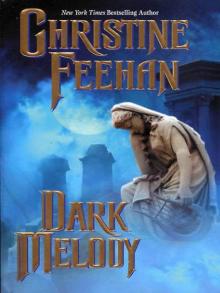 Dark 12 - DARK MELODY
Dark 12 - DARK MELODY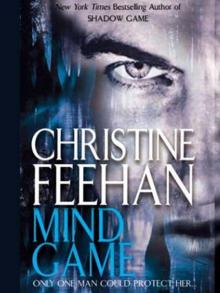 GhostWalkers 2 - Mind Game
GhostWalkers 2 - Mind Game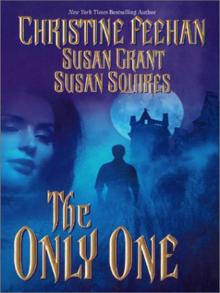 DarkDescent
DarkDescent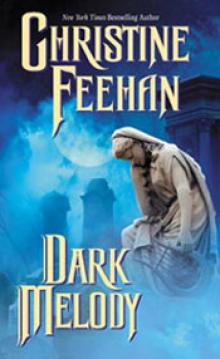 Dark Melody (Dark Series - book 12)
Dark Melody (Dark Series - book 12)